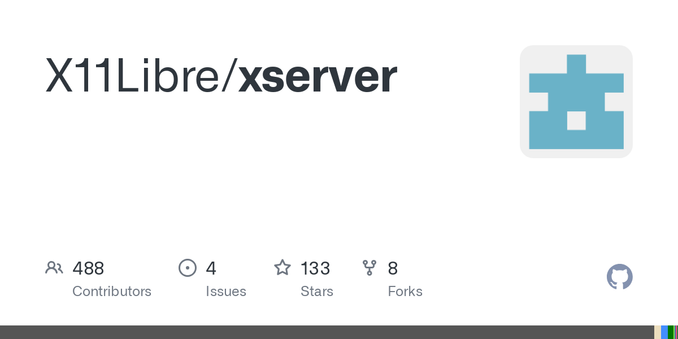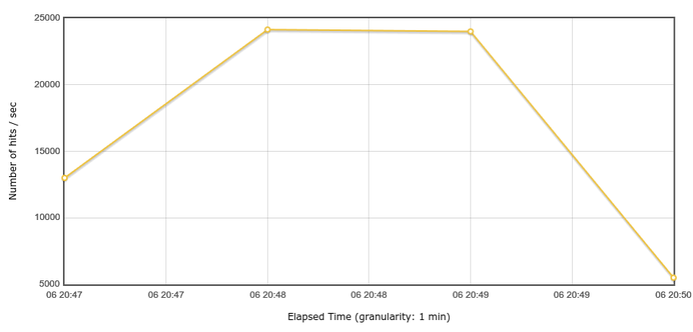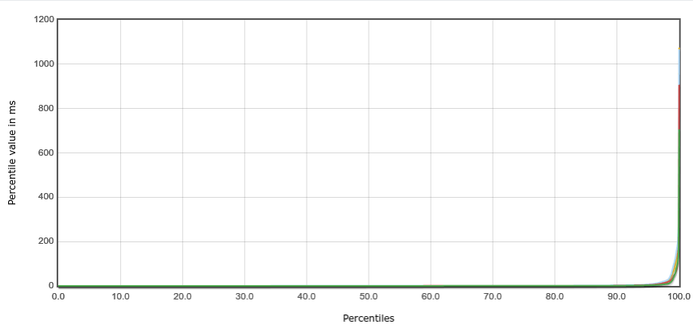More interesting progress trying to make #swad suitable for very busy sites!
I realized that #TLS (both with #OpenSSL and #LibreSSL) is a *major* bottleneck. With TLS enabled, I couldn't cross 3000 requests per second, with somewhat acceptable response times (most below 500ms). Disabling TLS, I could really see the impact of a #lockfree queue as opposed to one protected by a #mutex. With the mutex, up to around 8000 req/s could be reached on the same hardware. And with a lockfree design, that quickly went beyond 10k req/s, but crashed. 😆
So I read some scientific papers 🙈 ... and redesigned a lot (*). And now it finally seems to work. My latest test reached a throughput of almost 25k req/s, with response times below 10ms for most requests! I really didn't expect to see *this* happen. 🤩 Maybe it could do even more, didn't try yet.
Open issue: Can I do something about TLS? There *must* be some way to make it perform at least a *bit* better...
(*) edit: Here's the design I finally used, with a much simplified "dequeue" because the queues in question are guaranteed to have only a single consumer: https://dl.acm.org/doi/10.1145/248052.248106









